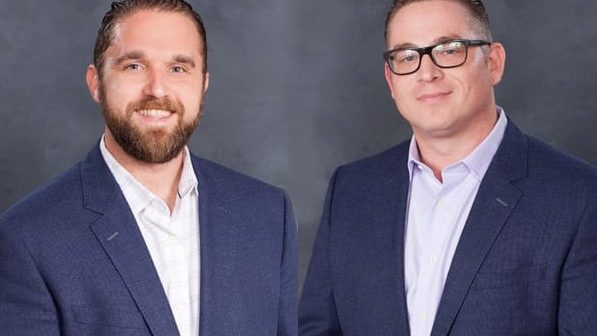Seeing a child suffer through the devastating effects of addiction can be frightening. No matter if you’re a parent, grandparent, or guardian, we all go to great lengths to protect our children from illness and injury. After all, it’s a parent’s job to love, guide, and support their child to provide a safe space to grow and learn to be independent and successful. However, when drugs and alcohol enter the picture, feelings of shame, disappointment, frustration and fear can get in the way of a parent finding adequate help for their child. It can also be difficult to know what the best way is to handle the situation.
Unfortunately, the stigma surrounding addiction and mental health issues is far too real and can inhibit parents from seeking help for their child when in need. At times, parents can be paralyzed by the fear and shame of judgment from others. Other times, they can believe their child’s issues are the result of their parent approaches, or that they may have “failed” as a parent. This is altogether untrue and can interrupt the process of seeking help and healing for their child. Though, according to the National Survey on Drug Use and Health (NSDUH) in 2014, one out of 10 Americans age 12 and older used an illicit drug in the past 30 days.
Fortunately, over the past several years, there has been much action to shatter the stigma of addiction and mental health issues. In an effort to break the stigma even more, it’s crucial that parents begin to see addiction as a health issue and support and seek out the adequate help for their children.
First and foremost, it’s paramount that parents and loved ones understand that addiction is a chronic and progressive health issue. Without proper guidance, treatment, and support, it can get worse. Though extensive research, professionals have concluded that addiction is a brain disease that impacts a child’s ability to process information and make rational decisions – even when they’re not under the influence of drugs or alcohol. In adolescents and young adults, substance abuse can not only hinder the growth in brain development but impact the pleasure centers and decision making.
With that being said, if a parent or guardian believes their child has an issue with drugs and alcohol, it’s important to seek out proper guidance, help, and support – just as you would if your child was suffering from another medical condition or health issue. The earlier the intervention, the more effective treatment can be. Additionally, the longer one waits to receive necessary help, the more difficult the road to recovery can be. Therefore, it’s crucial that parents shed the paralyzing fear of stigma regarding judgement from others.
While the stigma of addiction is real, it must be overcome. Addiction is a chronic health issue that is not the result, cause, or fault of the parents. However, it is equally as important to understand that, as a parent, it’s not your job to try to treat the addiction, but find your child the help they need at the earliest time possible. As a society, we cannot allow our preconceived notions or societal stigma become a barrier to providing the help our children need if they are faced with addiction – help, support, love, and guidance. Afterall, that is a parents job.
Maryland Addiction Recovery Center recognizes how important it is to engage family members in substance abuse treatment and the recovery process. Offering family therapy, the importance of examining family systems and challenging self-deception of family dynamics justifies a strong family therapy program and arrangement of services.





Thank you laDonna for writing this article! I have worked in the substance use disorder field for over twenty-six years. All too often, we hear professionals mistakenly tell families that their loved ones were not ready for treatment, or leaving treatment early was the patient’s fault because they were not ready to accept it. You rock!